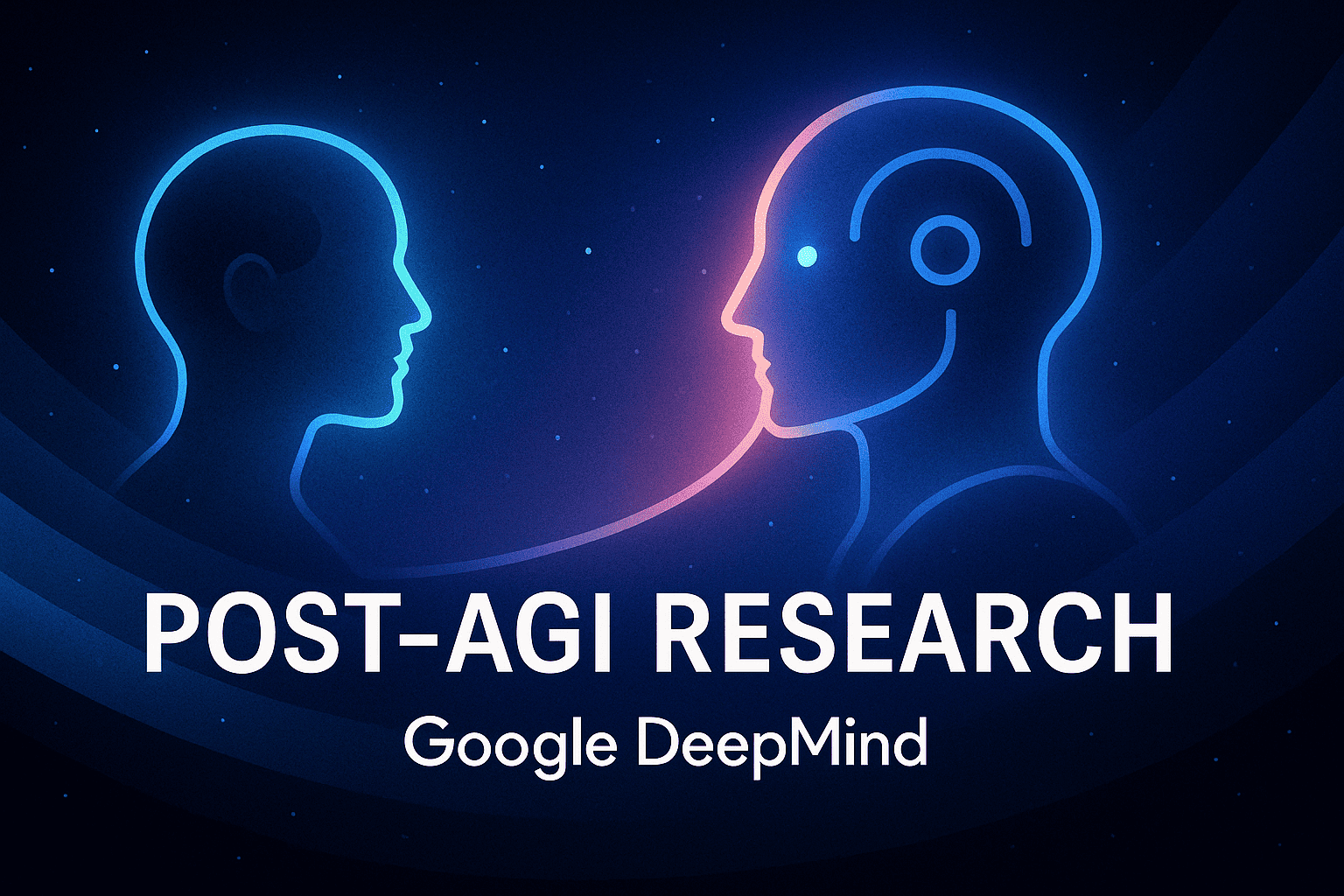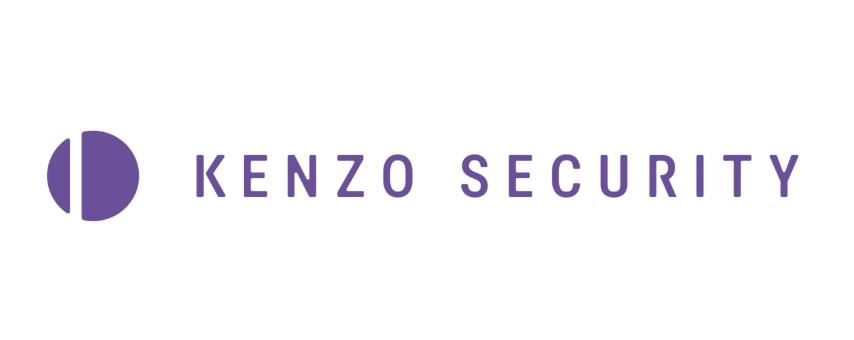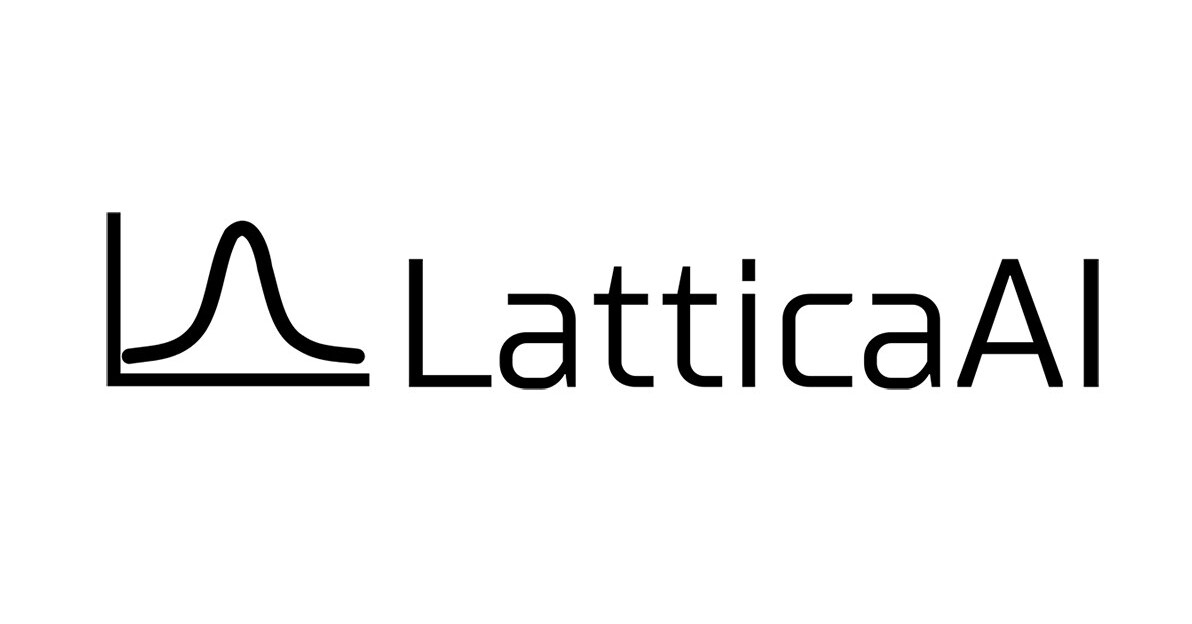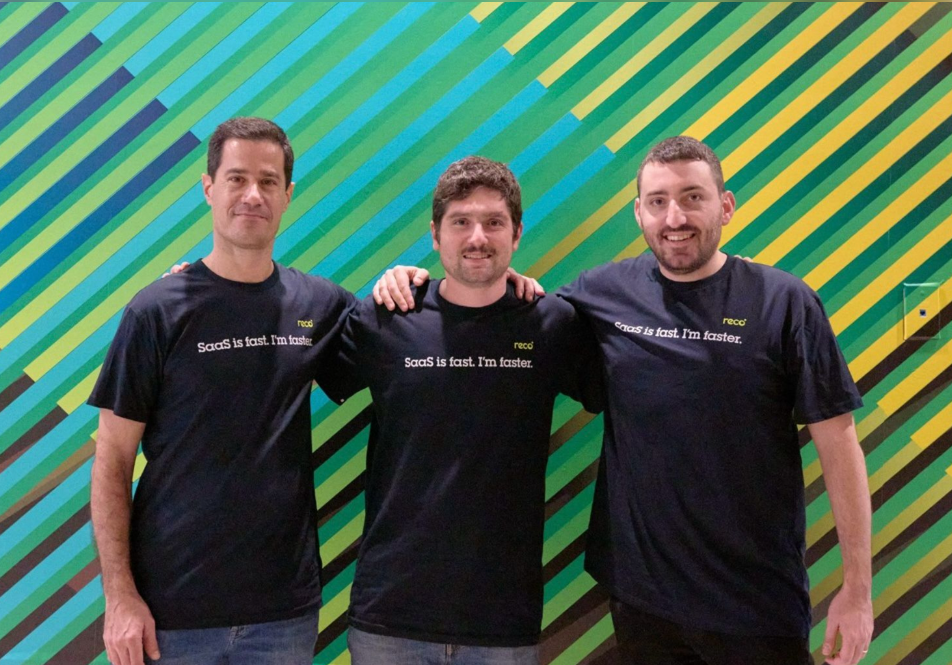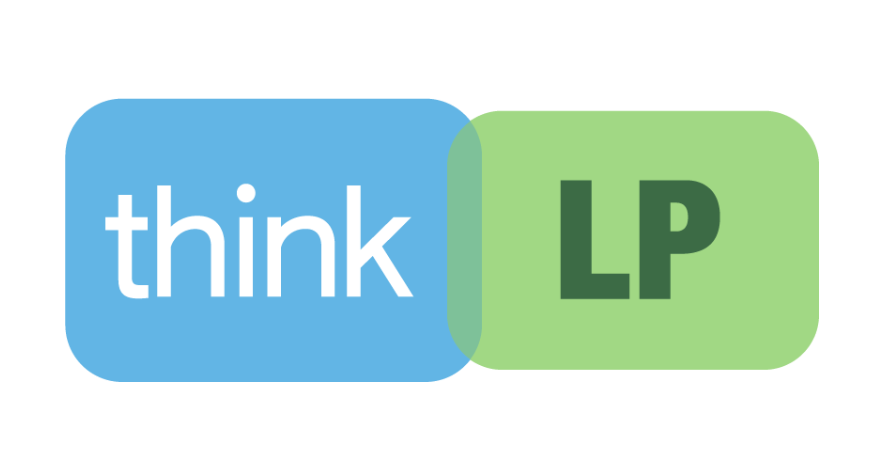Insider Brief
- Google DeepMind is hiring a Research Scientist to study the societal and technical implications of artificial superintelligence (ASI) following the development of AGI.
- The role will focus on topics such as machine consciousness, economic disruption, legal shifts, and the evolution from AGI to ASI.
- Candidates must hold a PhD, have experience with large language models, and demonstrate the ability to identify key research questions in emerging domains.
While most of the world is still grappling with the implications of artificial general intelligence (AGI), Google DeepMind appears to be planning for what comes next—artificial superintelligence and beyond.
In a recent job posting, the company announced it is hiring a Research Scientist in London to focus on “Post-AGI Research,” marking a rare glimpse into its long-term strategic thinking.
The position calls for a researcher to help shape the trajectory from AGI — AI that matches human cognitive capabilities — to artificial superintelligence (ASI), a theoretical stage in which AI far surpasses human intelligence across all domains. The posting suggests that DeepMind is formalizing an internal research agenda around the social, legal, philosophical and technical consequences of a world shaped by machines that are not only intelligent, but possibly conscious.
Questions on The Impact of AGI
Candidates are expected to tackle open-ended questions about the impact of AGI on human institutions, including economics, law, health, education, and political structures. According to the advertisement, researchers will be expected to build tools to measure and evaluate the real-world effects of advanced AI, as well as collaborate with internal teams and external stakeholders. Among the core research topics listed are the emergence of machine consciousness and the transitions that may occur as AGI develops into ASI.
The job posting outlines that the ideal candidate should hold a doctoral degree in fields ranging from computer science and mathematics to political science, economics and philosophy, reflecting the inherently interdisciplinary nature of the work. In addition to familiarity with machine learning and experience working with large language models (LLMs), successful applicants must be able to identify core research questions in uncertain or evolving areas—a clear signal that DeepMind is looking for researchers who can define the field itself.
Facing The AGI Tipping Point
While the ad doesn’t specify current projects or existing roadmaps, the initiative reflects a growing awareness that the development of AGI could be a tipping point not just in technology, but in civilization. The ad emphasizes a commitment to ensuring that AI development “benefits humanity,” reinforcing DeepMind’s public messaging that it values safety, ethics and social responsibility. Still, the act of publicly hiring for research in areas such as machine consciousness indicates a shift from speculative thought experiments toward applied inquiry.
The role is situated in DeepMind’s London office. While it’s unclear how many positions are available, the ad’s language highlights a need for flexibility, experimental thinking, and a willingness to work across disciplines and time zones. The company notes that applicants should be comfortable with ambiguity and capable of developing new methodological approaches, which suggests that much of the work may involve building the tools, frameworks, and even the vocabularies needed to study concepts that remain largely theoretical.
Though the job is positioned within a single company, it hints at a broader trend in the AI community: the quiet formation of institutional capacity to grapple with what happens if and when AGI is achieved. The listing suggests that DeepMind is not only betting on the realization of AGI, but also assuming that a next step –something even more advanced — is inevitable.
With this job ad, Google DeepMind has signaled that the future of AI is no longer just a question of if or when, but of what comes after.
If you’re interested, get your resume in quick — deadline is April 24.
